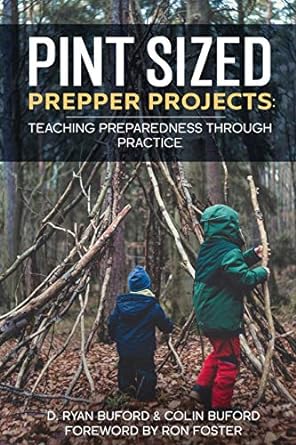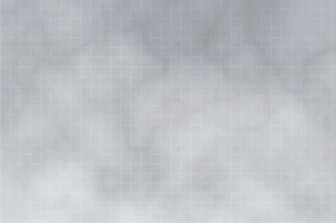How to: Make A Charcoal Water-Filter for Water Purification
Video
Using wood charcoal, sand, gravel, rocks, and grasses you can make a water purification system to treat suspect water, from lakes, ponds, rivers, creeks, and streams. To completely make questionalble water 100% safe to drink you still have to boil it at least 1min at a rolling boil...to be safe, 3 mins is best.
Here I demo how to make a filter with charcoal to change lake water into potable (drinkable) water...I drank it AFTER boiling it....I am still alive and well, and the water tasted sweet!
"Activated charcoal is good at trapping other carbon-based impurities ("organic" chemicals), as well as things like chlorine. Many other chemicals are not attracted to carbon at all -- sodium, nitrates, etc. -- so they pass right through. This means that an activated charcoal filter will remove certain impurities while ignoring others. It also means that, once all of the bonding sites are filled, an activated charcoal filter stops working. At that point you must replace the filter." https://science.howstuffworks.com/environmental/energy/question209.htm
top↟ Show more > >






